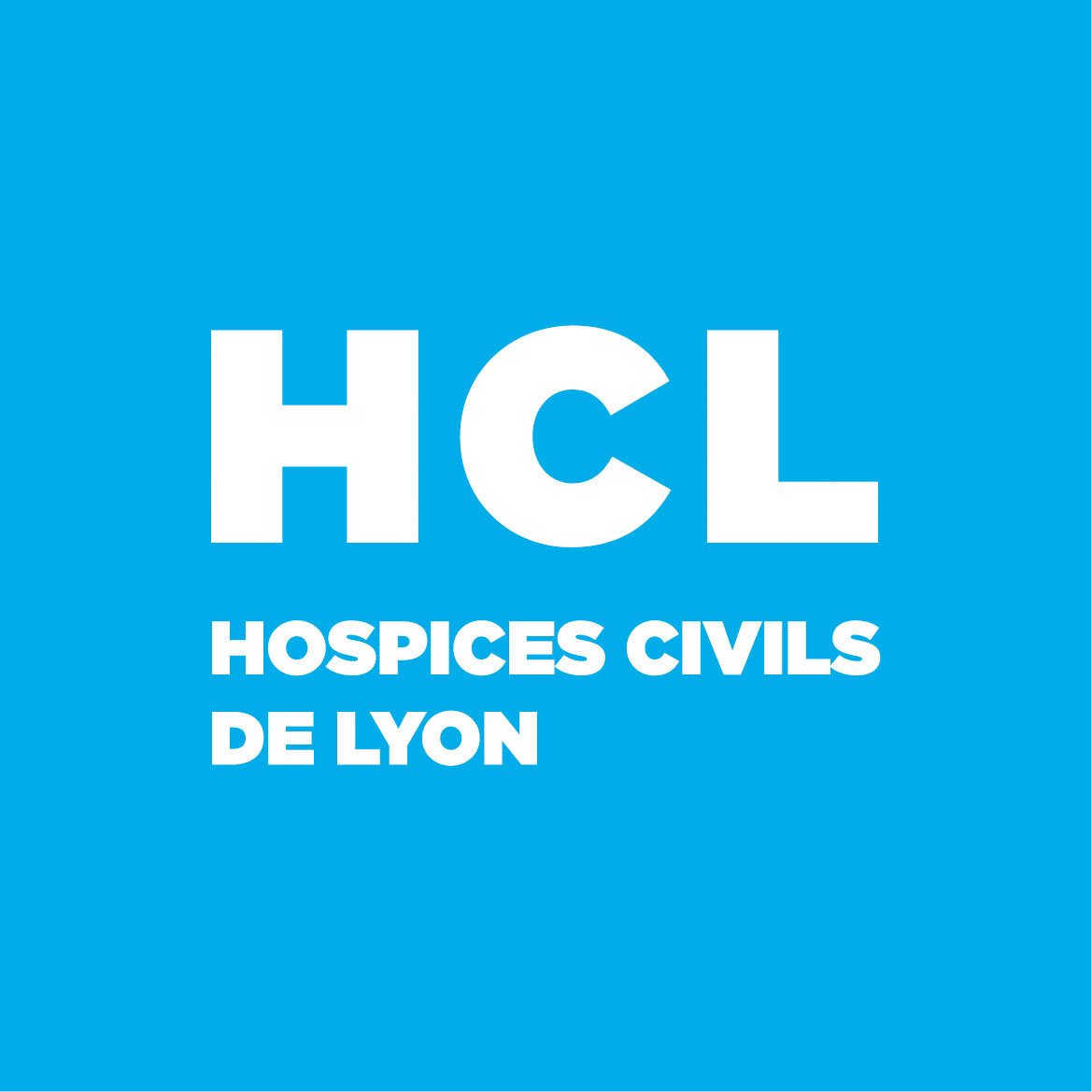[Invasive fungal infections in immunocompromised children in paediatric haematology: Recommendations for management in SFCE centres]
Recommandations: Infections fongiques invasives chez l’enfant immunodéprimé en hématologie pédiatrique : recommandations de prise en charge au sein des centres de la SFCE
Résumé
INTRODUCTION: To date, invasive fungal infections (IFIs) are still responsible for a high mortality rate in children managed for haematological malignancy. Although Candida and Aspergillus infections remain in the majority, emerging fungal infections are increasingly common. Children differ from adults in their pathology and treatment, as well as in their prior fungal colonisation and unique pharmacokinetics. Therefore, we propose here specific paediatric management recommendations for IFIs in haematology. METHODS: We based our recommendations on a review of the literature, including the latest ECIL recommendations, an analysis of practices and a collection of expert opinions. RESULTS AND DISCUSSION: In France, approximately 5% of children treated for haematological malignancy or who have received a bone marrow allograft present an IFI. These IFIs are equally divided between yeast infections (mainly due to Candida albicans) and filamentous infections (mainly aspergillosis) and 16% are IFIs due to emerging fungi, half of which are due to Mucorales. In these recommendations, we recall the diagnostic criteria for proven or probable IFI according to the Donnelly classification, then we propose strategies for screening, diagnosing, evaluating the extension and treating these three types of IFI. We also detail the diagnostic and therapeutic management of chronic disseminated candidiasis. We also discuss prophylactic measures, including environmental measures which are of primary importance in children.
Introduction
Les infections fongiques invasives (IFI) sont encore responsables d’un taux élevé de mortalité chez les enfants pris en charge pour une hémopathie maligne. Bien que les infections à Candida et Aspergillus demeurent majoritaires, des infections à champignons émergents sont de plus en plus fréquentes. Les enfants diffèrent des adultes, tant par leur pathologie et leur traitement, que par leur colonisation fongique préalable et une pharmacocinétique qui leur est propre. Aussi, nous proposons ici des recommandations de prise en charge pédiatriques spécifiques des IFI en hématologie.
Méthodes
Nous nous sommes appuyés sur une analyse de la littérature incluant les dernières recommandations de l’ECIL (European Conference on Infections in Leukaemia), sur une analyse des pratiques et un recueil d’avis d’experts.
Résultats et discussion
En France, environ 5 % des enfants traités pour une hémopathie maligne ou ayant bénéficié d’une allogreffe de cellules souches hématopoïétiques présentent une IFI. Ces IFI sont réparties, de façon égale, entre infections à levures (majoritairement dues à Candida albicans) et filamenteux (aspergilloses principalement) et 16 % sont des IFI à champignons émergents, dont la moitié à Mucorales. Dans ces recommandations, nous rappelons les critères diagnostiques d’IFI prouvée ou probable selon la classification de Donnelly ; puis, nous proposons des stratégies pour dépister, diagnostiquer, évaluer l’extension et traiter ces trois types d’IFI. Nous détaillons aussi la prise en charge diagnostique et thérapeutique des candidoses disséminées chroniques. Nous évoquons également les mesures prophylactiques, incluant les mesures environnementales qui sont au premier plan chez l’enfant.
